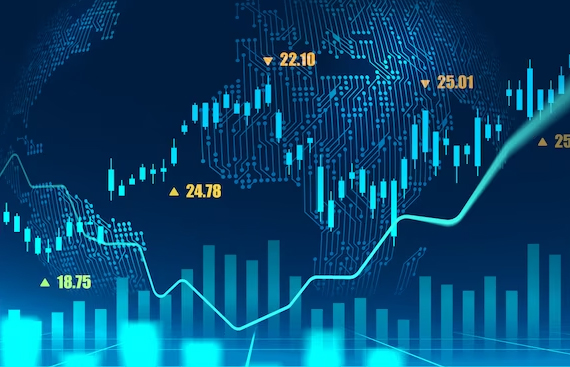Top 5 Factors That Could Affect Your Trading Performance

Trading in financial markets is a dynamic and ever-changing endeavour. As a trader, picking a credible broker with features aligning with your trading needs is an important consideration. You can find some of the best brokers here and choose some based on your trading preference. Another critical element forming the basis of this piece is your ability to understand and adapt to various factors that could affect your trading performance. This technical know-how is essential for your success. But what factors may hinder your performance in trading financial instruments?
The factors are spread across the market; you can only make informed decisions, manage risks effectively, and enhance your overall trading performance if you handle them well. We look at some of the common ones.
Market Conditions
The state of the market plays a pivotal role in determining your trading performance. Market conditions can change from trending to ranging, volatile to calm, or bullish to bearish. Note that each state requires a different approach, which you must understand for effective strategy development.
For insurance, traders in the trending markets can benefit from riding the trend and capturing more significant profits. However, it takes time to identify profitable opportunities in ranging markets, where prices move within a specific range.
Knowing the current market conditions and adapting your trading strategies can significantly impact your success. Therefore, always stay updated with market news, economic indicators, and technical analysis to identify potential market shifts and adjust your trading approach accordingly.
Poor Risk Management
Effective risk management is a fundamental aspect of trading, and it involves assessing and controlling the potential risks associated with each trade. Many factors can affect your risk management, such as position sizing, stop-loss orders, and risk-reward ratios.
Overall, proper risk management helps protect your trading capital. Traders who neglect risk management, more often than not, fall victim to emotional decision-making and impulsive trading. By setting appropriate risk parameters and adhering to them consistently, you can protect yourself from excessive losses if a trade fails to work out in your favour. As a result, you get to maintain a stable trading performance over the long term. Simply ensure you are using appropriate risk management controls from credible brokers.
Psychological Factors
The psychological aspect of trading is often underestimated but can significantly impact your performance. Emotions such as excitement, greed, fear, and more can cloud your judgment, thus leading to irrational trading decisions.
Maintaining a disciplined and focused mindset is crucial for consistent profitability. You need to develop emotional intelligence and self-awareness to manage psychological factors. Techniques like meditation, journaling, and trading plans help you control emotions and improve your decision-making.
Fundamental Analysis
Fundamental analysis involves evaluating economic indicators, news events, and company- specific factors that can influence the value of a financial instrument. Understanding the impact of these factors on the market can provide valuable insights into potential trading opportunities.
For example, economic data releases such as GDP reports, interest rate decisions, or corporate earnings can significantly impact the price of currencies, stocks, or commodities. Staying informed about upcoming economic events and their potential impact on the market can give you an edge in your trading decisions. The good news is that some brokers host various tools to support your fundamental analysis, thus contributing to the best trading decisions.
Technical Analysis
Technical analysis is another critical factor that can affect your trading performance. It involves studying price charts, patterns, and indicators to identify potential entry and exit points. By analysing historical price data, traders can gain insights into market trends, support and resistance levels, and price patterns.
Technical analysis helps traders make informed decisions based on historical price behaviour and can be particularly useful in short-term trading strategies. Various specialised analysis tools, such as moving averages, trendlines, and oscillators, can help identify potential trading opportunities and improve your trading performance. You can access technical analysis resources from credible online brokers.
As you continuously hone your skills, you'll improve your trading performance, minimise risks, and maximise your potential of achieving consistent profitability. But this is only possible if you settle for a broker that offers an exciting experience.
